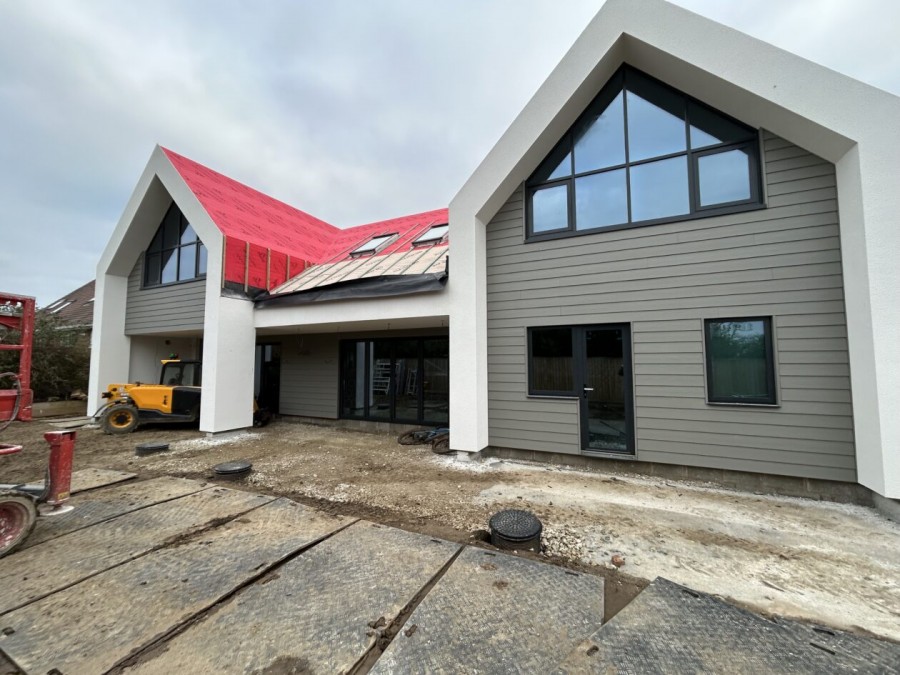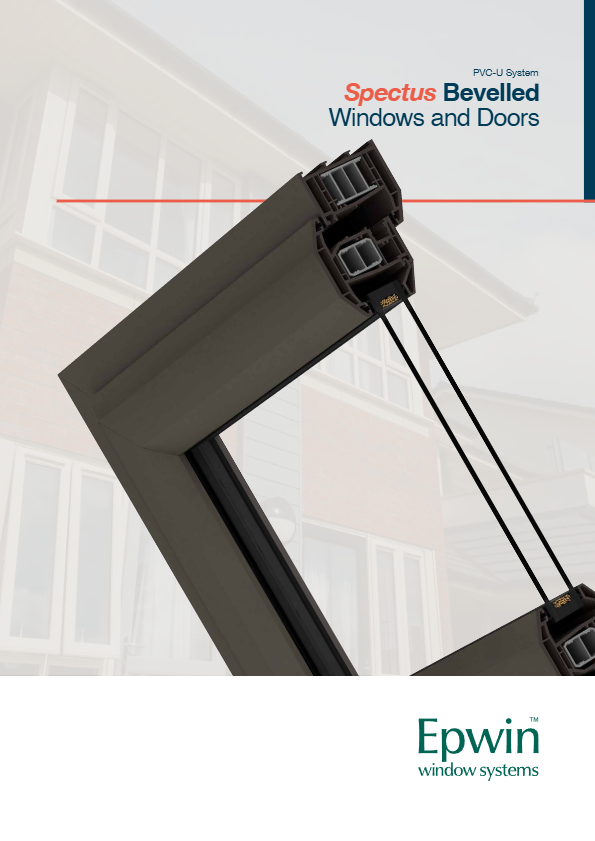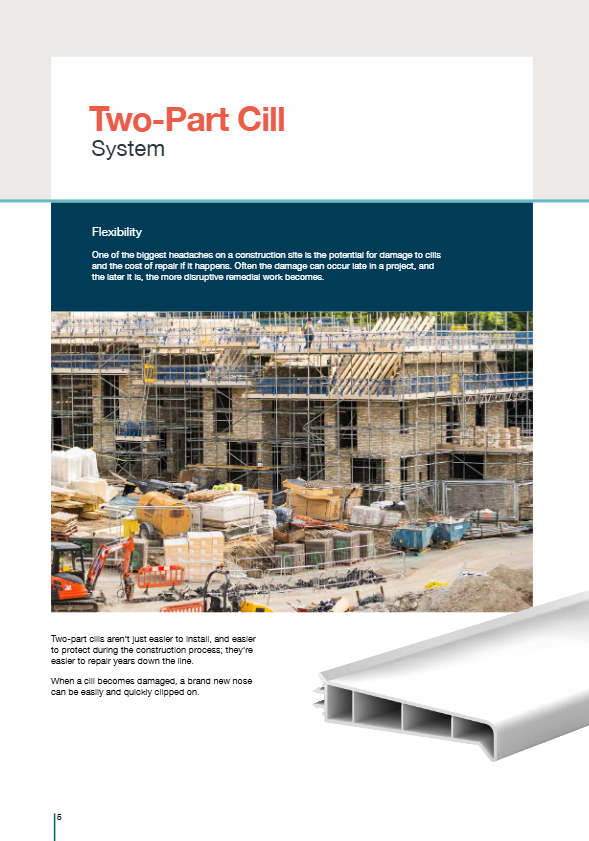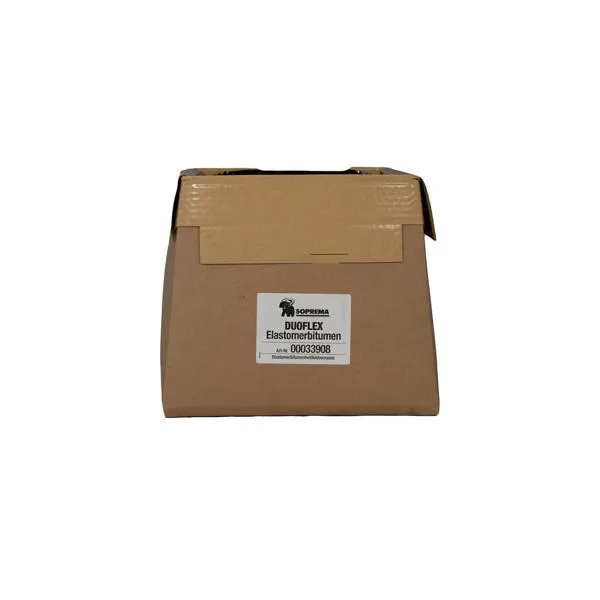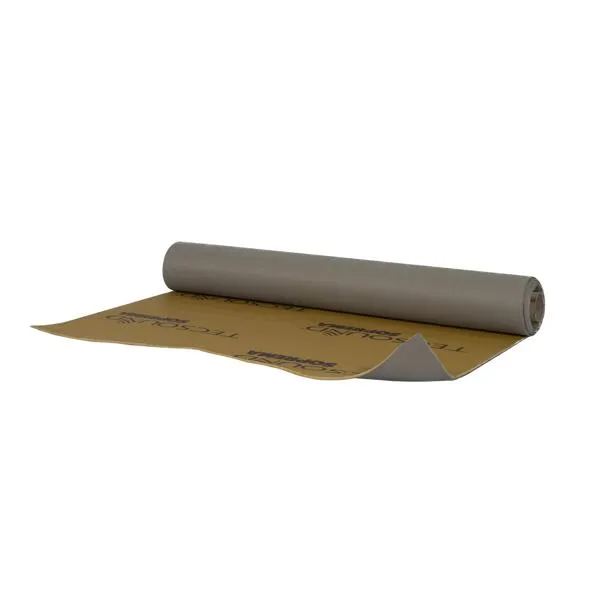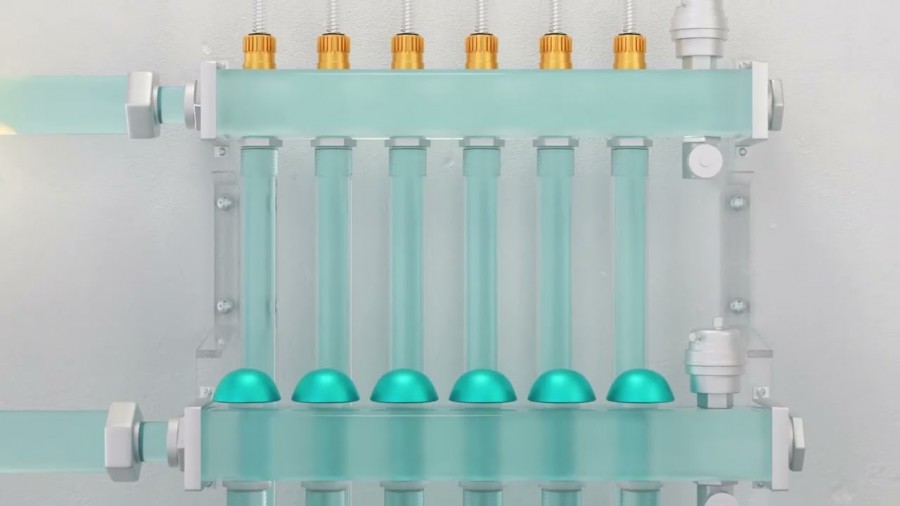The UK manufacturing sector showed a resilient performance in February.
The downturn in output halted, as stabilising client demand and improved supply chains boosted production. Inflationary pressures also eased further, with costs rising to the least marked extent since July 2020.
The seasonally adjusted S&P Global / CIPS UK Manufacturing Purchasing Managers’ Index (PMI) posted 49.3 in February, up from 47.0 in January and the earlier flash estimate (49.2). Although the PMI remained below the neutral mark of 50.0 for the seventh successive month, this was the best reading during that sequence.
Manufacturing production rose for the first time in eight months, albeit only slightly. The increase was underpinned by signs of firming client demand, with the two sub-sectors to see production rise – consumer and investment goods – the only industries to see new orders increase.
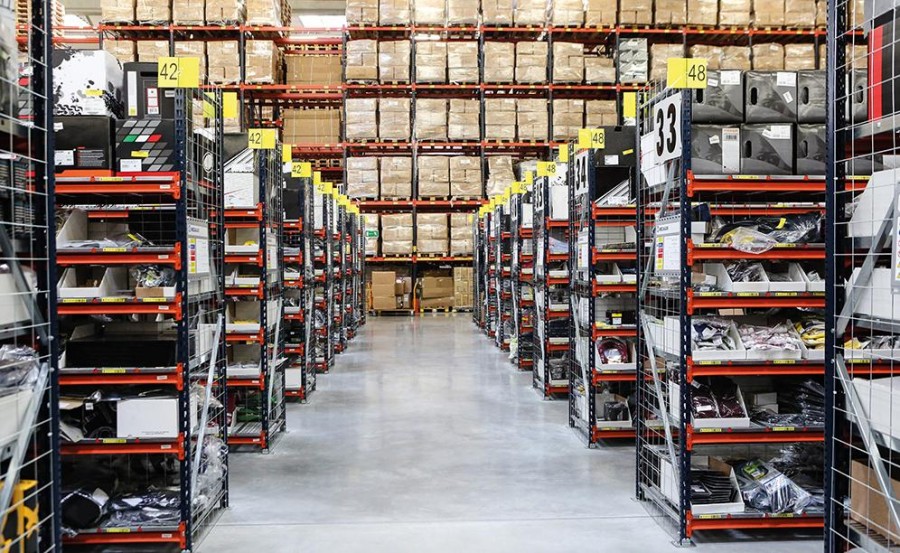
The downturn continued at intermediate goods producers, but rates of decline in output and new business eased to seven-month lows. February saw the overall level of new work received decrease for the ninth consecutive month. However, the trend showed further signs of stabilising, as the rate of contraction was only mild and the weakest during that sequence.
Companies reporting lower new business intakes mentioned the cost of living crisis and weaker export order intakes. In contrast, those seeing an increase reported stronger client confidence and signs of economic stabilisation\recovery. The trend in new export business also showed signs of resilience in February. Although new export orders decreased for the thirteenth month in a row, the rate of contraction eased sharply to its weakest since March 2022.
On the downside, companies reported lower intakes of new work from key markets such as the US, mainland Europe and China. However, several also noted that a revival in global economic conditions and the reopening of China from COVID restrictions had a beneficial impact on overseas demand. The outlook for the manufacturing sector also strengthened in February.
Business sentiment improved for the third month running and to its highest level in a year. Almost 60% of companies forecast production would be higher in 12 months' time, compared to only 10% anticipating a downturn.
The positive outlook mainly reflected expectations of improved economic conditions, new product launches, planned investment and reduced supply chain issues. February saw average vendor lead times shorten for the first time since June 2019. Although sub-sector data signalled that the improvement was mainly centred on the intermediate goods category, there were also signs of supply[1]chain disruptions abating in the consumer and investment goods industries (both saw delivery times increase to lesser extents).
Companies reported improvements in material availability and vendor capacity. Reduced pressure on supply chains filtered through to the trend in input prices during February. Although average purchasing costs rose again, the rate of inflation eased for the fifth month running and to its lowest since July 2020. There remained widespread reports of price increases nonetheless, including for items such as electronics, energy, food stuffs, metals, packaging and timber. Higher costs resulted in increased selling prices (albeit the weakest rise in over two years).
Manufacturing employment decreased for the fifth successive month in February. Purchasing activity, stocks of inputs and finished goods inventory also fell, in many cases due to efforts to control costs, minimise holdings and dismantle safety stocks.
Rob Dobson, Director at S&P Global Market Intelligence, said: “UK manufacturing showed encouraging signs of resilience in February. Output rose for the first time in eight months, boosted by weaker cost inflation and reduced supply chain disruptions. Input prices increased at the slowest pace since July 2020 and supplier performance improved for the first time in three-and-a-half years. This offset some of the ongoing negative impacts from strikes, the cost of living crisis and lower order intakes.
"Manufacturers' confidence also strengthened, with 60% of companies forecasting production will expand during the coming year. Part of the reason for renewed optimism was a near-stabilisation of new order inflows in February, with total new orders and new export business both falling only slightly and to much lesser extents than in recent months. Manufacturers benefited from growing signs of a global economic recovery and the easing of COVID restrictions by China. This process of economic revival, alongside signs of inflation peaking and reduced recession fears, should hopefully help UK manufacturers eke out further growth in the coming months.”
Dr John Glen, Chief Economist at the Chartered Institute of Procurement & Supply, said: “Driven by improvements in supply chain deliveries and more stable price rises, the manufacturing sector reported a more upbeat assessment of the state of play for makers in February and output rose for the first time in eight months. A stronger global economy reflected in less caution in the UK marketplace and though new order levels were still deteriorating, the falls were less marked.
“Optimism about business in 2023 was also the highest for 12 months. Whilst some companies were still holding on by their fingertips, managing cashflow through staff cuts and reduced costs, others were feeling confident enough to invest in operating capacity in a more stable trading environment.
“Prices for raw materials and components were still rising last month but faster deliveries and reduced scarcity improved availability. Some concerns over price gouging remained but charges to customers also eased in line with a reduced inflationary environment.”









